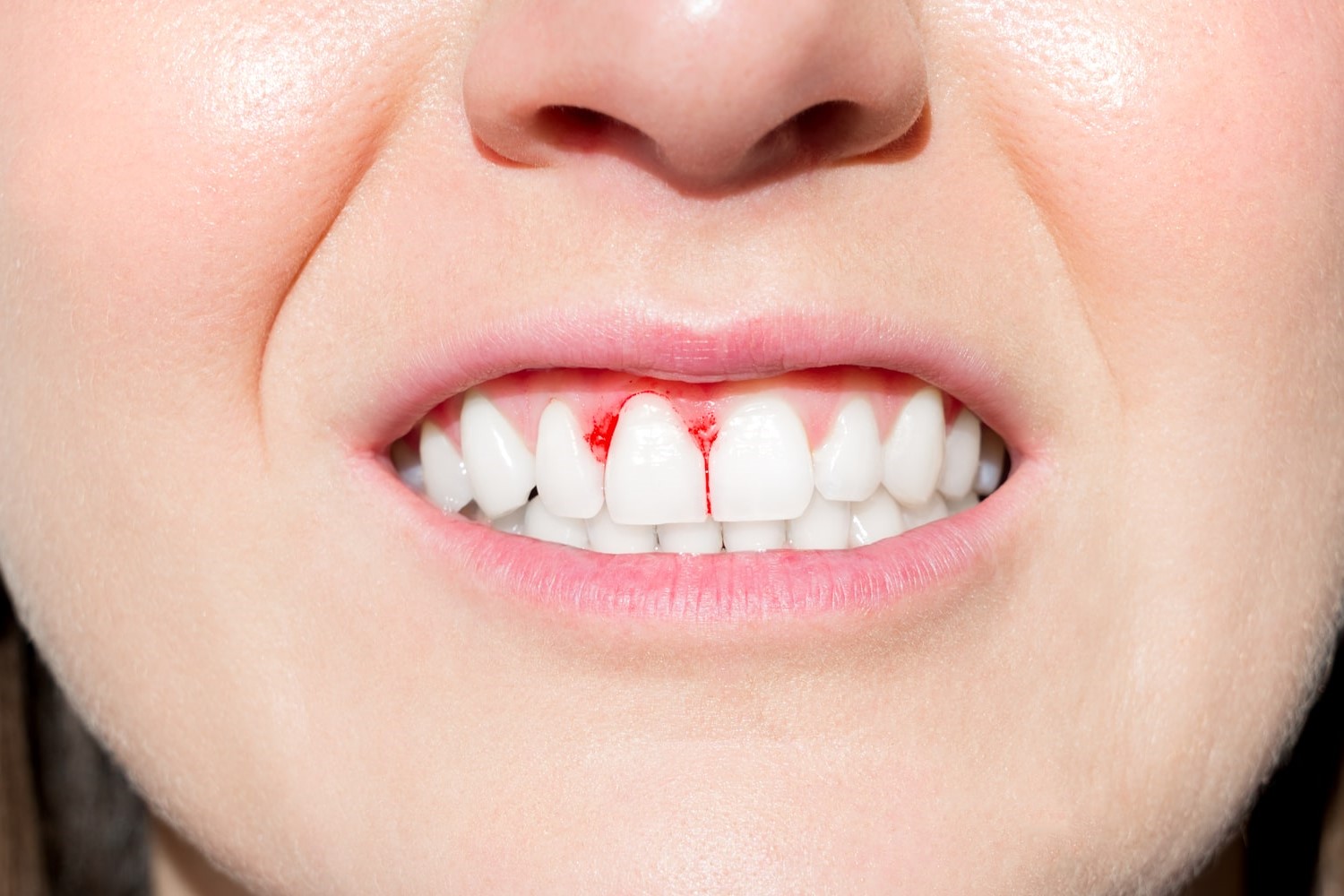
Riggs Disease, also known as periodontitis, is a serious gum infection that damages the soft tissue and, if untreated, can destroy the bone supporting your teeth. This condition can lead to tooth loss and has been linked to other health problems, including heart disease and diabetes. But what exactly causes Riggs Disease? Poor oral hygiene is the main culprit. Plaque buildup on teeth hardens into tartar, which harbors bacteria that irritate and inflame the gums. Symptoms include swollen, bleeding gums, bad breath, and loose teeth. Regular dental check-ups, proper brushing, and flossing are essential to prevent this disease. Understanding the facts about Riggs Disease can help you take proactive steps to maintain your oral health.
Key Takeaways:
- Riggs Disease, also known as periodontitis, is preventable with good oral hygiene habits like brushing and flossing. Recognizing symptoms early and seeking treatment can help prevent complications like tooth loss and heart disease.
- Factors like smoking, diabetes, and poor oral hygiene can increase the risk of developing Riggs Disease. Preventive measures include regular dental checkups, a healthy diet, and quitting smoking to maintain good oral health.
What is Riggs Disease?
Riggs Disease, also known as periodontitis, is a serious gum infection that damages the soft tissue and destroys the bone supporting your teeth. It's more common than you might think and can lead to tooth loss if untreated. Let's dive into some fascinating facts about this condition.
-
Periodontitis is Preventable: Good oral hygiene, including brushing twice daily and flossing, can prevent Riggs Disease.
-
Caused by Plaque Buildup: The primary cause is plaque, a sticky film of bacteria that forms on teeth.
-
Gum Inflammation: Early-stage periodontitis, known as gingivitis, involves gum inflammation and bleeding.
-
Progressive Disease: If untreated, gingivitis can progress to periodontitis, causing more severe damage.
-
Common in Adults: It's more prevalent in adults over 30, but younger individuals can also be affected.
Symptoms of Riggs Disease
Recognizing the symptoms early can help in managing and treating the disease effectively. Here are some key signs to watch out for:
-
Swollen Gums: One of the first signs is swollen, puffy gums.
-
Bleeding Gums: Gums that bleed during brushing or flossing indicate a problem.
-
Bad Breath: Persistent bad breath can be a symptom of periodontitis.
-
Receding Gums: Gums that pull away from the teeth, making them look longer, is a warning sign.
-
Loose Teeth: As the disease progresses, teeth may become loose or shift.
Risk Factors for Riggs Disease
Certain factors can increase the likelihood of developing periodontitis. Understanding these can help in taking preventive measures.
-
Smoking: Smokers are at a higher risk of developing gum disease.
-
Diabetes: People with diabetes are more susceptible to infections, including gum disease.
-
Poor Oral Hygiene: Neglecting oral care routines can lead to plaque buildup and gum disease.
-
Genetics: Some individuals are genetically predisposed to periodontitis.
-
Hormonal Changes: Hormonal changes in women can make gums more sensitive and vulnerable to disease.
Complications of Riggs Disease
If left untreated, Riggs Disease can lead to several complications, affecting overall health.
-
Tooth Loss: The most common complication is the loss of teeth.
-
Bone Loss: The disease can cause the jawbone to deteriorate.
-
Heart Disease: There's a link between periodontitis and heart disease, possibly due to inflammation.
-
Respiratory Issues: Bacteria from the mouth can be inhaled into the lungs, causing respiratory problems.
-
Diabetes Complications: Periodontitis can make it harder to control blood sugar levels.
Treatment Options for Riggs Disease
Various treatments can help manage and treat periodontitis, depending on the severity of the condition.
-
Professional Cleaning: Regular dental cleanings can remove plaque and tartar buildup.
-
Scaling and Root Planing: A deep-cleaning procedure that removes plaque and tartar from below the gumline.
-
Antibiotics: Medications can help control bacterial infection.
-
Surgery: In severe cases, surgical procedures like flap surgery or bone grafts may be necessary.
-
Laser Therapy: Lasers can be used to remove infected tissue and promote healing.
Preventing Riggs Disease
Prevention is always better than cure. Here are some effective ways to prevent periodontitis.
-
Brush and Floss Daily: Maintaining good oral hygiene is crucial.
-
Regular Dental Checkups: Visit your dentist regularly for cleanings and checkups.
-
Healthy Diet: A balanced diet can help keep your gums healthy.
-
Quit Smoking: Avoiding tobacco products can reduce your risk.
-
Manage Health Conditions: Controlling conditions like diabetes can help prevent gum disease.
Final Thoughts on Riggs Disease
Riggs Disease, also known as periodontitis, is a serious gum infection that damages the soft tissue and, if untreated, can destroy the bone supporting your teeth. This condition often starts with gingivitis, a milder form of gum disease, but can progress to more severe stages if ignored. Regular dental check-ups, proper oral hygiene, and a healthy diet play crucial roles in preventing this disease. Symptoms like swollen gums, bleeding, and bad breath shouldn't be ignored. Early detection and treatment are key to managing Riggs Disease effectively. If you notice any signs, consult your dentist immediately. Remember, maintaining good oral health isn't just about having a bright smile; it's about ensuring your overall well-being. Stay informed, stay proactive, and keep those gums healthy!
Frequently Asked Questions
Was this page helpful?
Our commitment to delivering trustworthy and engaging content is at the heart of what we do. Each fact on our site is contributed by real users like you, bringing a wealth of diverse insights and information. To ensure the highest standards of accuracy and reliability, our dedicated editors meticulously review each submission. This process guarantees that the facts we share are not only fascinating but also credible. Trust in our commitment to quality and authenticity as you explore and learn with us.
